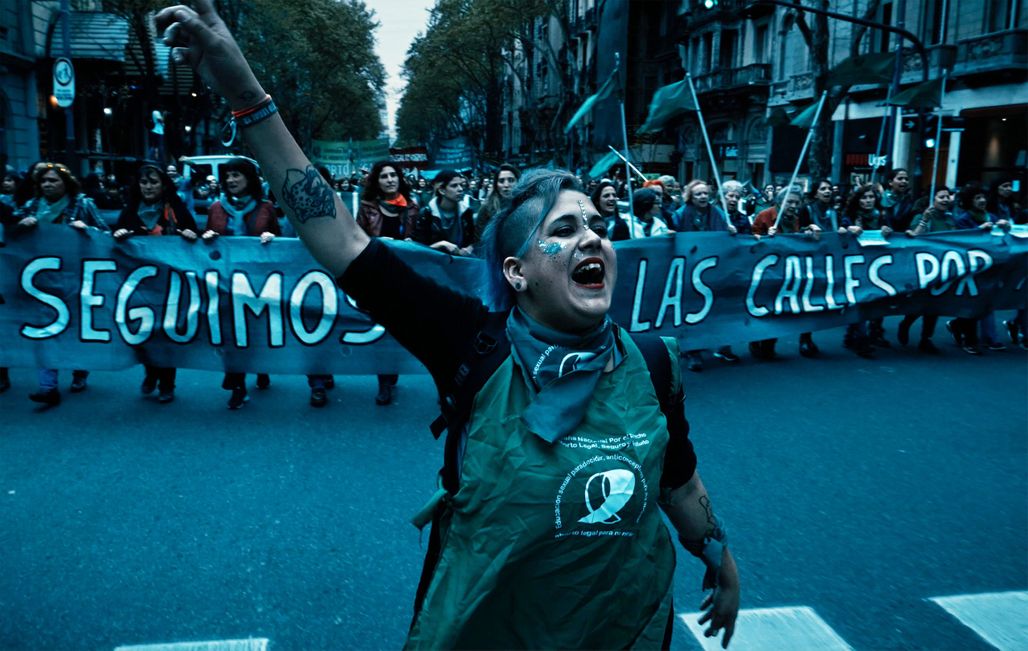
Que Sea Ley (Let It Be Law): Juan Solanas on the pro-abortion struggle in Argentina

Presented at a Special Screening, Juan Solanas's documentary Que Sea Ley (Let It Be Law) delves into the heart of Argentina's battle to legalise abortion, where a woman dies every week as a result of a clandestine abortion. Through testimonials and portraits of both women and men, the Argentinian filmmaker reveals the sense of hope that their struggle has ignited in the country.
Can you tell us how your film came about?
The right to abortion in Argentina is an issue that has revolted me since the 2000s, when I learnt that it was forbidden to have an abortion in my country. It is an inconceivable and irrational situation that I still cannot accept. Before filming began, I gave myself two rules: to be my own team and to never force anything, to stay as accurate and faithful as possible to the reality I wanted to portray. A third requirement then came into play: do everything in a hurry. I wanted to capture the energy and momentum of the urgency involved, this raw and strong reality.
How do you stay objective when confronted with such a topic?
The reality is that I am involved. It is from this commitment that the film was born. But it doesn't mean the film is a pamphlet – this was exactly what we needed to avoid. The documentary simply shows the experience of the victims and the complexity of a reality that cannot be reduced to slogans such as "Both Lives Matter" or "Let's Aim Higher". The film shows the audience the consequences of such statements and invites viewers to really think about the subject. I made it a rule to never force anything, and not to intervene or ask the speakers questions, but to leave them the camera like a window to the audience. I wanted to be as transparent as possible by showing the reality experienced by these millions of women, as well as the views of the ideologues.
What was it in particular about these women that left an impression on you?
It was their courage and determination that impressed me the most. But what really struck me was their extraordinary vitality. They are the ones protecting life, while the other side, though they call themselves "pro-life" bring only death. I was also particularly struck by the brutality of anti-abortion doctors, who sometimes refuse anaesthesia or make a woman wait for twelve hours, risking her death.
How do you think the film will be received in Argentina?
Argentina is a country veering towards a cliff edge, and whose society is totally divided when it comes to politics. The issue of abortion has caused a further rift that affects all parties, both women and men. This film is for those in the middle of this binary division, who prefer not to say too much about such a divisive issue.
Your last film was a sci-fi drama. How do you go from a fiction to a socially-engaged documentary?
Personally, I need to have a political or social message, and there is one at the origin of all my films. I would say that a documentary takes a more direct approach, but it's one in which I still manage to add my own visual language, my poetic style, to benefit the cause I'm standing for.


